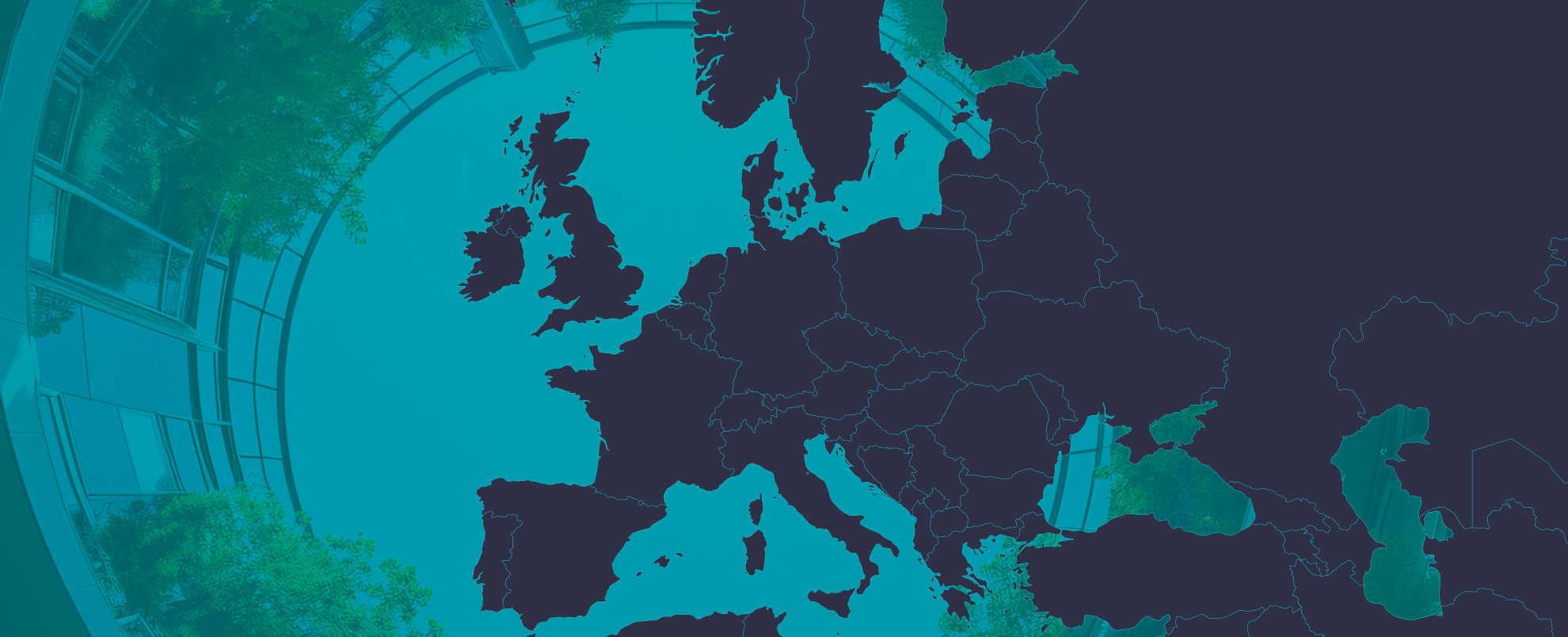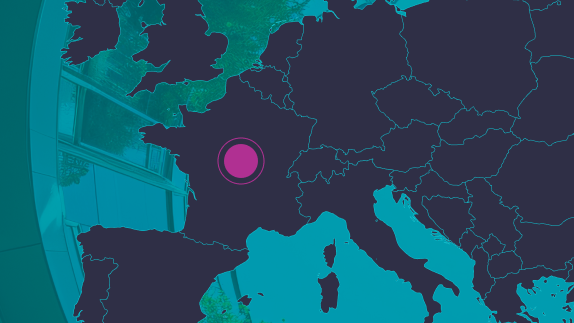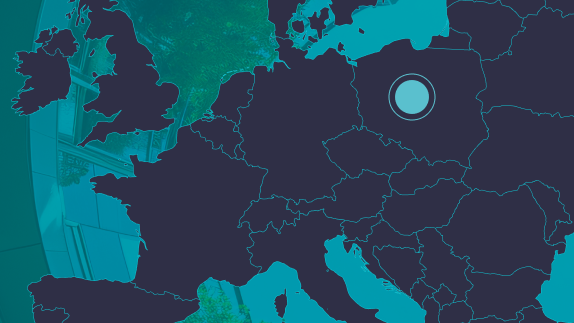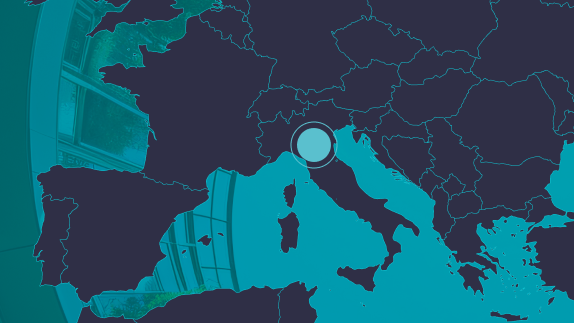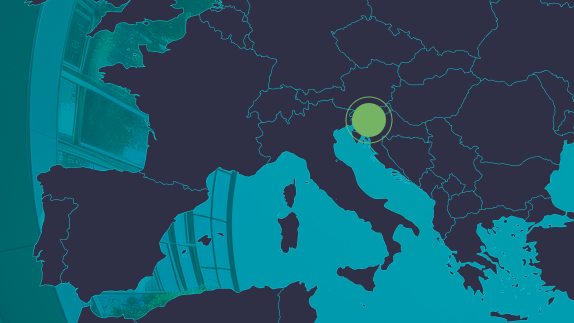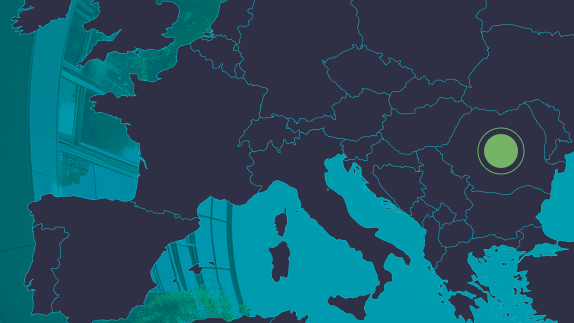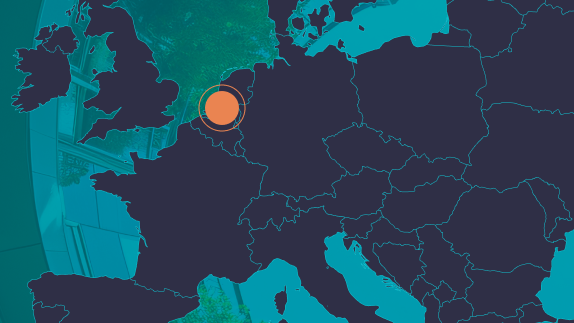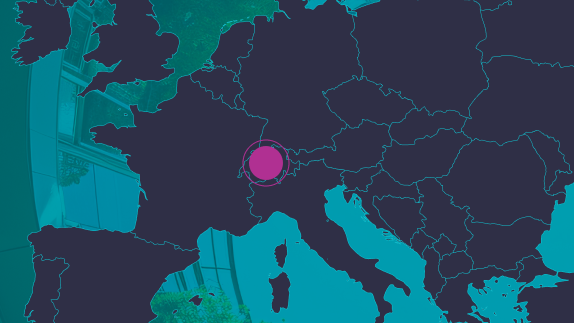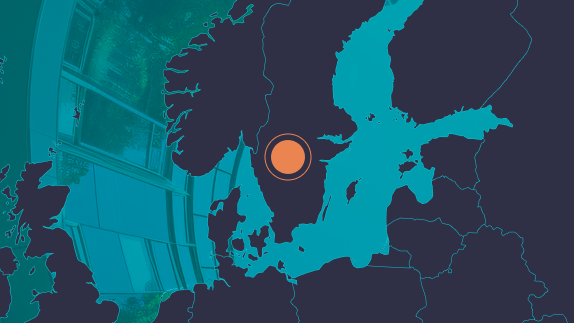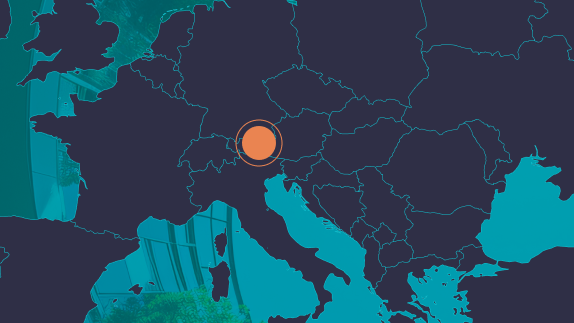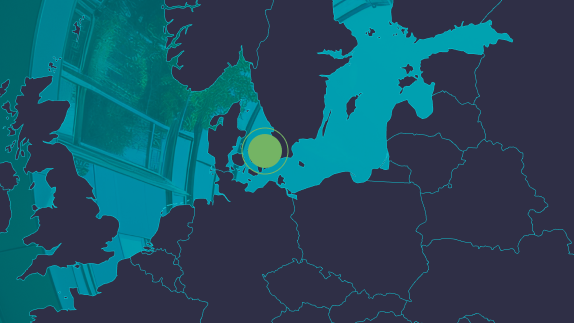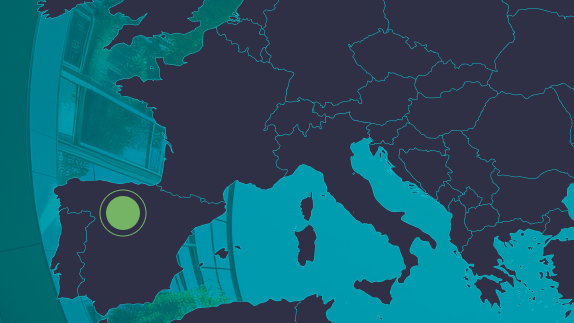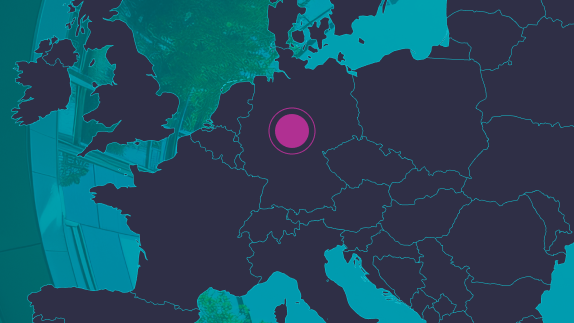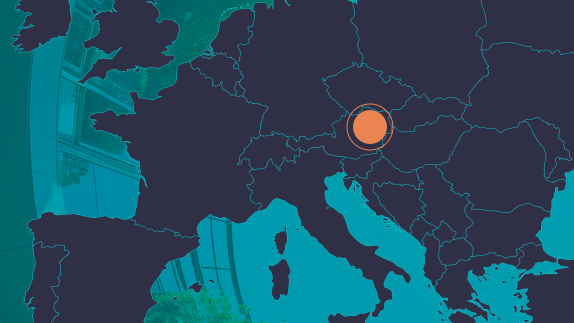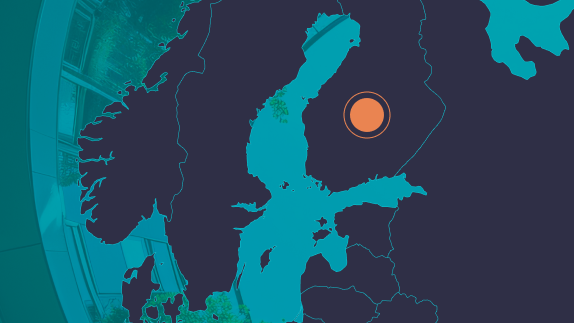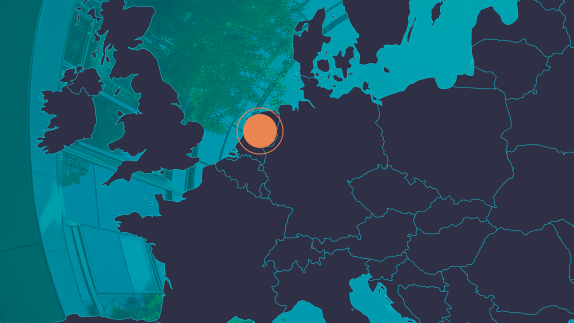This page is part of the report Building Prosperity: Unlocking the Potential of a Nature-Positive, Circular Economy for Europe. Explore the full report to delve into all focus areas, strategies, and key recommendations, or browse the entire case study collection to see these strategies in action.
Location: Poland
Initiative: Landscape Enterprise Networks
The Landscape Enterprise Networks (LENs) initiative is a collaborative effort between businesses, landowners, farmers, and other organisations that share interests in a given territory. The aim is to invest in nature-based agricultural approaches to make local landscapes healthier, more productive, and resilient, in line with existing initiatives.
In 2022, Nestlé Purina and Cereal Partners Poland invested in LENs for wheat cultivation in several regions of Poland, with the support of the sustainability consultancy, 3Keel and Preferred by Nature, a global nonprofit organisation working to support better land management and business practices. The focus is on regenerative practices on arable land to reduce carbon emissions, and improve soil health and fertility. The initiative aims to improve supply chain resilience and the condition of natural systems. The platform seeks to share risk, as well as all the associated costs and benefits, between farmers and those purchasing the crop.
A supportive approach
Through LENs Poland, farmers are provided with resources and expertise to implement infield agronomic practices and farmer innovation investments. The practices included switching to organic fertiliser, integrating manure, compost, and other organic soil improvements and including grain legumes in arable rotation. Investments involved establishing a mobile compost production facility that fully covers the farm’s natural fertilisation needs, creating a closed-loop nutrient system, reducing GHG emissions, and minimising waste disposal costs. Overall, these measures help improve soil structure, health, and fertility, increase organic carbon content, and support soil biology — leading to better water infiltration and nutrient uptake by crops. Reducing reliance on synthetic fertilisers increases biodiversity, and reduces costs and uncertainty for farmers due to fluctuating input costs related to oil prices and global conflicts.
Fostering collaboration
In 2023, the LENs Poland community invested EUR 600,000 in 29 farms covering 2,400 hectares across the region. The expansion of the LENs model across Europe demonstrates that regenerative agriculture practices are not only good for the environment but also for farmers and related businesses. The LENs approach provides trade facilitation, technical assistance, and network coordination to support the implementation of regenerative practices.
